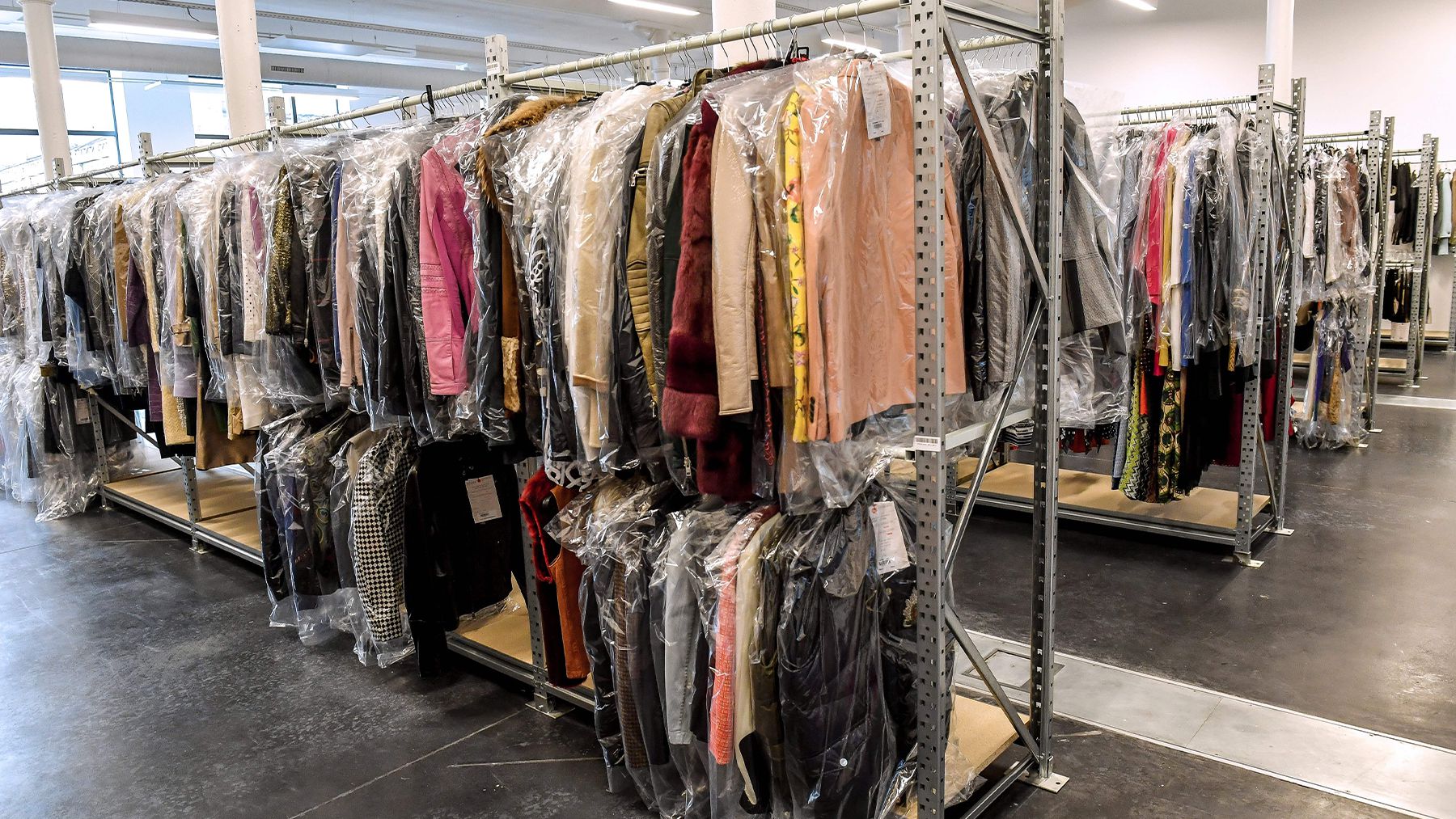
Resale is, as currently practiced, a terrible business. Companies that aspire to be the middleman between buyers and sellers of secondhand clothes have two choices, neither appealing: one method involves the platform handling transactions themselves, which means renting warehouse space in multiple cities to store clothes, plus hiring a small army of Chanel-ologists and Jordan scholars to authenticate merchandise, as well as photographers to create listings and more.
Option two – leave all that to the customer – brings its own problems. It’s more work for sellers, a big reason some 40 percent of US consumers surveyed by BoF Insights have never tried resale. With fewer gatekeepers, sites can get flooded with fast fashion and other dubious merchandise. And this model does little to reassure buyers that they won’t get scammed (a reason most peer-to-peer marketplaces still employ authenticators for more expensive merchandise). Commissions are lower too, creating an incentive to overspend on customer acquisition.
Those flaws are increasingly apparent as resale platforms report results (ThredUp is up next, on Monday). When the economic outlook first started to turn south, some theorised that secondhand sellers would benefit from an influx of consumers who could no longer afford to buy new. Instead, resellers seem to be suffering from the same slump in online shopping that’s hitting sales at DTC brands.
Costs are rising, too. The RealReal said earlier this month it’s struggling to find enough salespeople to expand its more lucrative consignment business. Poshmark, which has been profitable in the past, is no longer, due in part to higher marketing costs as it hunts for new customers and attempts to convert sellers into buyers. Paris-based Vestiaire Collective’s big US push will only add further pressure.
Resale platforms say they’ll eventually be profitable, though the exact date tends to be in the distant future, if they give one at all. The path forward comes down to scale and efficiency: these companies need all those warehouses, authenticators and salespeople processing as many bags and dresses as quickly as possible to justify the cost. For years, the category’s boosters have held out hope that artificial intelligence and automation could shift the economics: computers that are better at recognising fake Dior bags than humans, and warehouses where robots do most of the work.
Progress has been slower than hoped, and it’s telling that Tradesy, which built its authentication system around analysis of data it collected on sellers, was acquired by Vestiaire Collective earlier this year and will be shut down in 2023. Still, less glamorous tech is helping on the margins. One bright spot for The RealReal last quarter was that more sellers are shipping in items themselves thanks to an improved self-service option.
What to Watch This Week
Monday
Aug. 15 Armani Code Parfum, a new, concentrated fragrance, goes on sale as part of the brand’s ambitious expansion efforts
ThredUp results
Tuesday
On Holdings results
Wednesday
TJ Maxx, Macy’s results
US retail sales
Thursday
Estee Lauder Cos., Kohl’s Ross, Tapestry results
Friday
UK retail sales
The Week Ahead wants to hear from you! Send tips, suggestions, complaints and compliments to [email protected].



